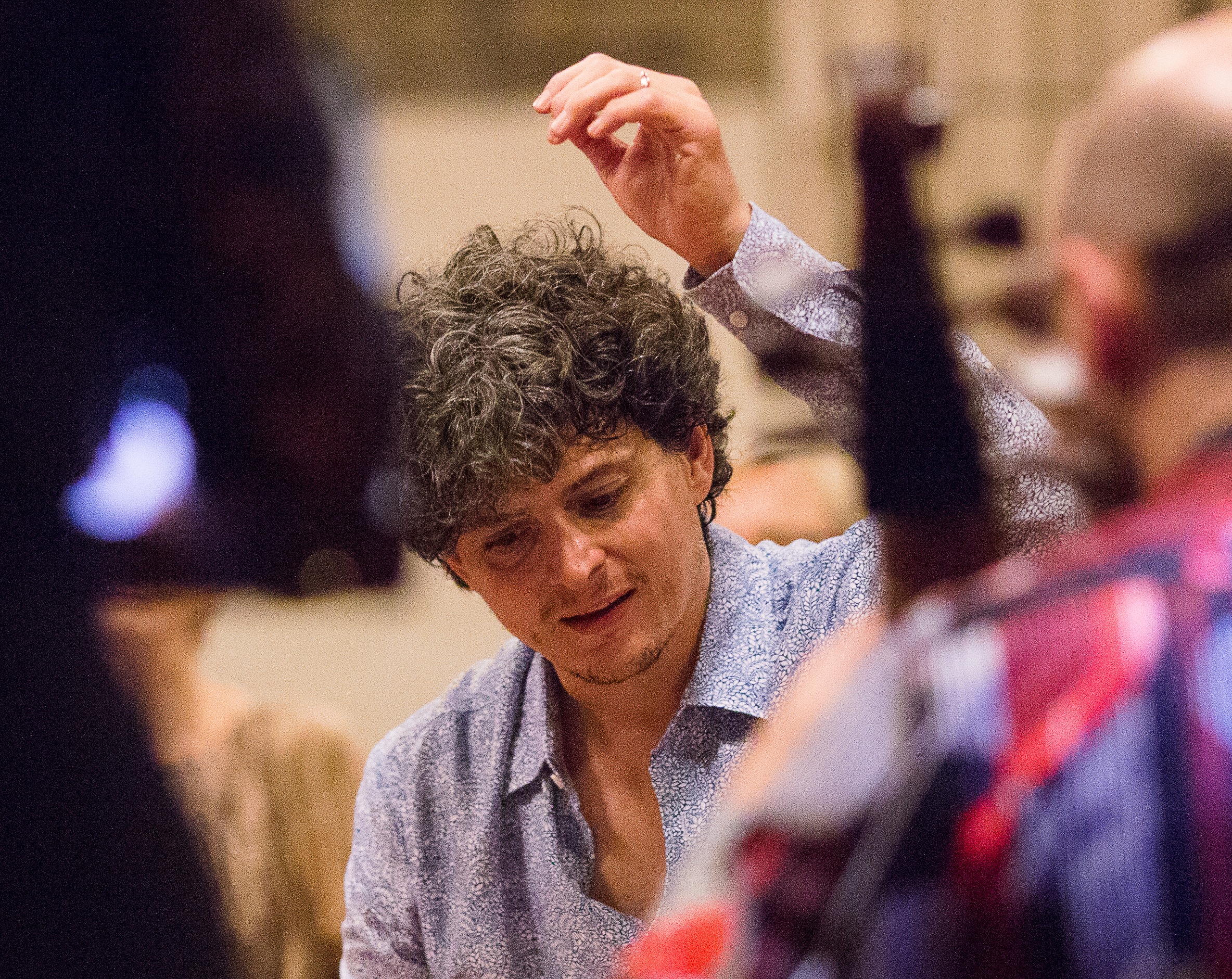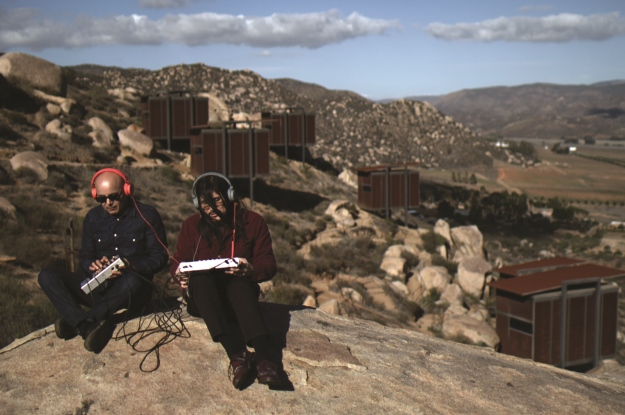This article is adapted from AQ’s special issue on the U.S.-Mexico relationship. To receive AQ at home, subscribe here.
“Fusion” is often less than the sum of its parts, whether in music, food or anything else (I’m looking at you, Snuggie). But that’s not the case when it comes to Nortec — a merger of traditional northern Mexican and electronic sounds that combine for a unique, danceable and quintessentially Tijuanense musical genre.
Nortec was born in the 1990s, thanks in large part to two Tijuana-based composers and producers, Ramón Amezcua and Pepe Mogt. The pair’s early experiments blending electronic techniques with horn- and accordion-heavy Norteño and Tambora musical styles led to the creation of the Nortec Collective, a group of producers (including Amezcua and Mogt under the stage names Bostich + Fussible) that have since become synonymous with the Tijuana sound.
Between 1998 and 2014, Nortec Collective released more than a half-dozen albums and compilations, mostly on the Los Angeles-based Nacional Records label. The group’s 2006 release, Tijuana Sessions Vol. 3, earned two Latin Grammy nominations — including one for Best Alternative Album — thanks to tracks like the belching, tuba-and-trumpet-infused “Tijuana Bass” (produced by Amezcua). Many of the group’s releases have been accompanied by surreal, Tijuana-centric music videos that, much like the music itself, speak to the irreverent essence of the city’s gritty alternative pop culture.
Nortec Collective has shifted shape over the years. Members have pursued separate and solo projects and two of the founding producers left the group in 2002. But Amezcua and Mogt, along with two other longtime members (Jorge Verdin and Pedro Gabriel Beas), continue to perform and make new music under the Nortec banner. No discussion of Tijuana’s musical evolution would be complete without mention of their genre- and border-hopping contributions.
—
Zubieta is the director of the music program at Americas Society






